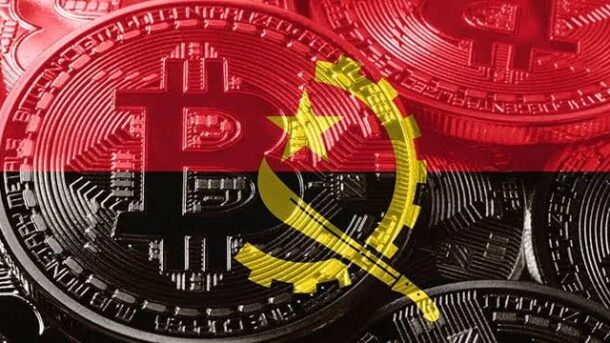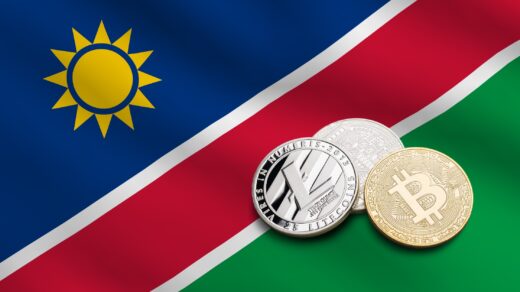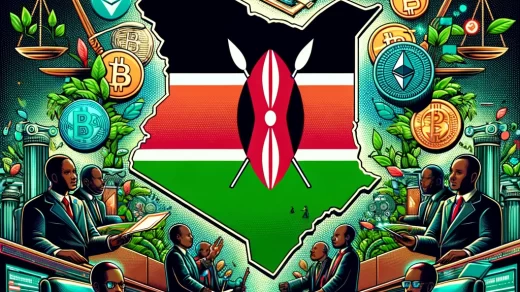The stance of the Angolan government and central bank towards crypto assets has been one of caution, with concerns about the potential financial risks involved. However, in recent developments, there are signs that this approach might be shifting. In this article, we will explore the evolving landscape of crypto asset regulation in Angola, from the initial hesitancy to the recent moves towards assessing the risks and potential benefits.
Initial Hesitancy and Lack of Regulations
As of 2018, a study conducted by Ecobank highlighted that neither the Angolan Central Bank nor the Angolan government had issued any formal regulations or guidance concerning the legality and usage of crypto assets. While the use of crypto assets was not explicitly illegal, the Angolan government advised against its use, citing concerns over financial insecurity.
A Shift in Approach
However, a significant change in approach emerged in September 2020 when José de Lima Massano, the Governor of the Angolan Central Bank, announced that the Central Bank would begin assessing the risks and potential benefits of embracing crypto assets. This statement marked a notable departure from the previous hesitancy and lack of regulatory clarity.
In explaining the Central Bank’s new approach, Massano noted that they were in the early stages of evaluating whether crypto asset adoption is an acceptable modality for Angola. This statement suggests a willingness to consider the potential advantages that crypto assets and blockchain technology may offer.
Blockchain Solutions for the Financial System
The Central Bank’s shifting stance is not isolated but part of a broader trend of increased interest in blockchain solutions. In October 2019, the National Bank of Angola issued a Request for Information (RFI) regarding blockchain solutions for the Angolan financial system. This move indicates a growing recognition of the importance of blockchain technology in modernizing the financial sector.
Mobile Banking and Financial Inclusion
According to an International Monetary Fund (IMF) report, Angola has been gradually incorporating mobile banking, with three mobile money providers operating in the market. This indicates a step towards improving financial inclusion in the country. As Angola’s financial sector continues to evolve, the results of studies by the Angolan Central Bank will be instrumental in strengthening the legal framework for payment systems and mobile money, encouraging more participants and, potentially, the responsible integration of crypto assets.
Conclusion
Angola’s approach to crypto assets has evolved from a stance of caution to one of proactive assessment. While the government has voiced concerns about financial risk, the Central Bank’s willingness to explore the potential benefits of crypto assets and blockchain technology suggests a more balanced approach to this emerging financial landscape. With the gradual integration of mobile banking and an increasing interest in blockchain solutions, Angola may be on the path to embracing the opportunities presented by the digital economy, including crypto assets.




